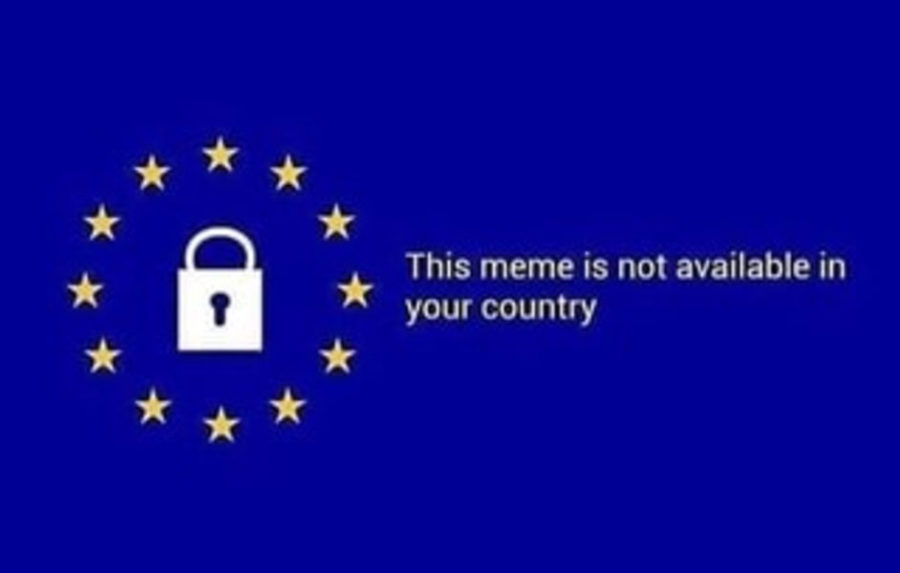Article 13: The End of Meme Culture?
April 13, 2019
The European Union passed a new controversial law on March 26. To some, this law has long been needed. Others speculate that it will put an end to today’s vibrant internet culture.
Article 13, or The European Union Directive on Copyright in the Digital Single Market, is essentially meant to hold internet platforms more accountable for the illegal sharing of copyrighted material. That doesn’t sound bad, but many expect the law to have unintended consequences, and not just for citizens in the EU, but for internet users across the globe.
The law will force companies such as YouTube and Instagram to make sure that copyrighted content doesn’t get spread around without consent from its originator, like a lot of content on the internet eventually does. This means that anything uploaded that contains even a second of copyrighted material will never bring the creator any monetary gain, no matter how successful it might be. Blacklisted material will be completely blocked to citizens in the EU.
Article 13 could prevent citizens from sharing content that makes a parody of prominent issues. According to Matt Reynolds writing in the magazine Wired, “Proponents of the legislation argue that memes are protected as parodies and so aren’t required to be removed under this directive, but others argue that filters won’t be able to distinguish between memes and other copyrighted material so they’d end up being caught in the crossfire anyway.”
According to The BBC, those who pushed for Article 13 to be passed did so with Robinhood-like intentions. Members of the EU Commision Medium wanted to partially remove power from tech giants and give more freedom to smaller platforms and independent creators. The idea is that tech companies benefit greatly from what people create on their sites, and the work done by content creators is too easily plagiarized. They argue that content can have tremendous reach and growth but little reward is given back to the creator of that content.
The new law, however, will have an outcome that many disapprove of: censorship. According to Wired, Article 13 is worded in a way that basically forces companies to censor more content and ban more memes and videos. This will be the case not just for Europe, but for the entire world: The only way someone uploading content can avoid Article 13 is to completely block users in the EU from seeing their content, which will hinder their viewership.
As expected, there has been tremendous backlash from the internet community. Grandayy, an influential content creator who has met with members of the European Parliament and fought against the new law, said, “Most politicians have no idea about the troubles YouTubers face with copyright, or what type of content the typical YouTuber even produces.” He and others argue that it’s unfair to censor or to tinker with a community one lacks knowledge of.
There will likely be constant protest of Article 13 until the law is changed or completely removed. According to The Verge, the article now goes into a three-way dialogue between select members of Parliament, the European Commission, and representatives of member states. It’s possible that some of the more troubling parts of the new law will be removed, but it’s also possible the directive will stay largely the same.


